
|
|
# 2024 AiSee |
|
AiSee addresses the challenges faced by over 250 million people with visual impairments (PVI), such as identifying groceries and reading ingredient lists. Current solutions often lack accuracy and usability. AiSee offers a novel solution through an AI-powered wearable device that provides real-time assistance. Users simply ask the device questions about their surroundings, and it responds audibly, describing what it “sees” or “reads”. This user-centric design integrates seamlessly with daily life, enhancing independence and fostering greater social inclusion.
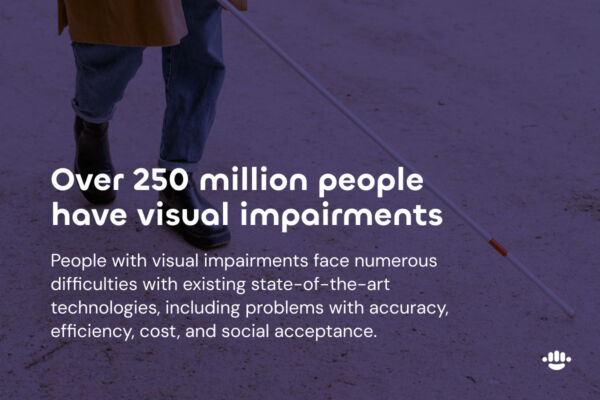
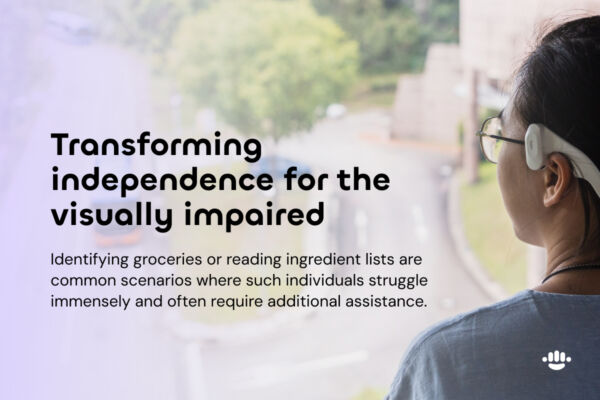
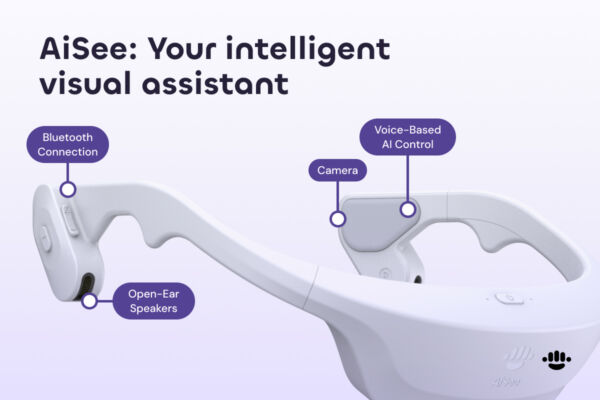
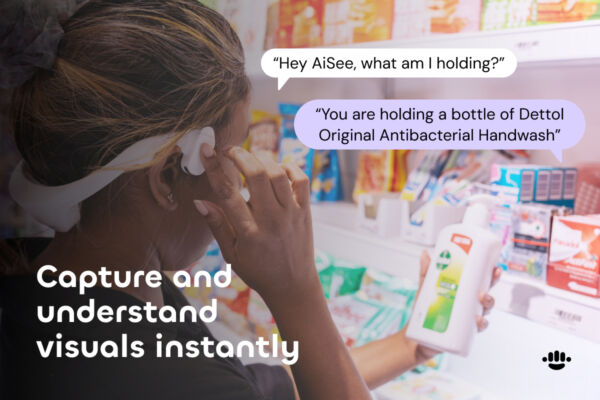

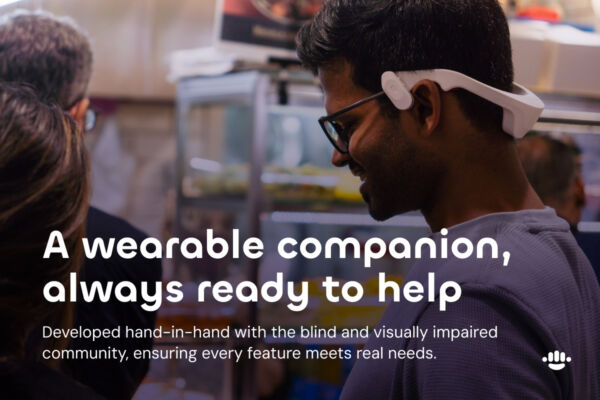

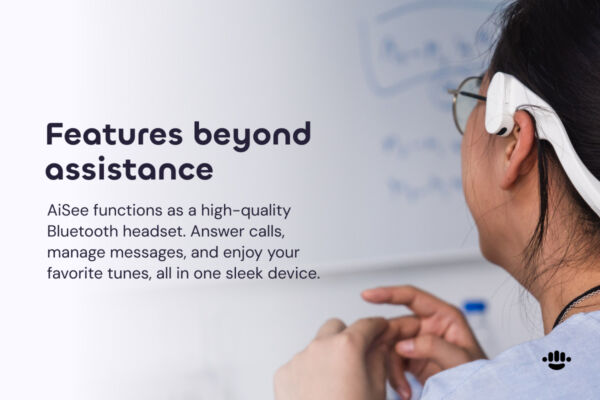
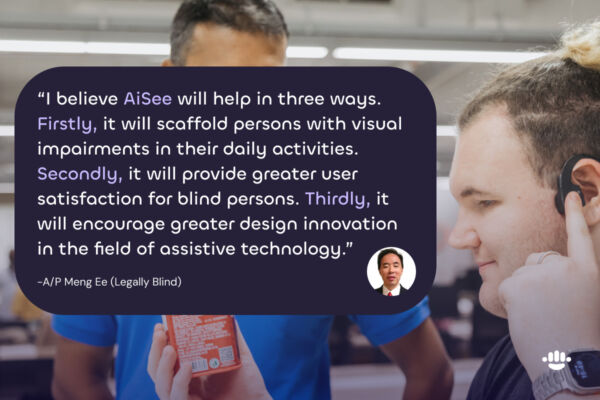


Nanyang Technological University
Targeted antimicrobial treatment for resistant infections

Early detection and non-invasive correction of breech pregnancies
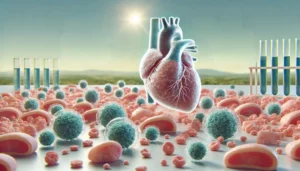
Universidad de Ingeniería y Tecnología – UTEC
Decellularized ECM model for breast cancer studies